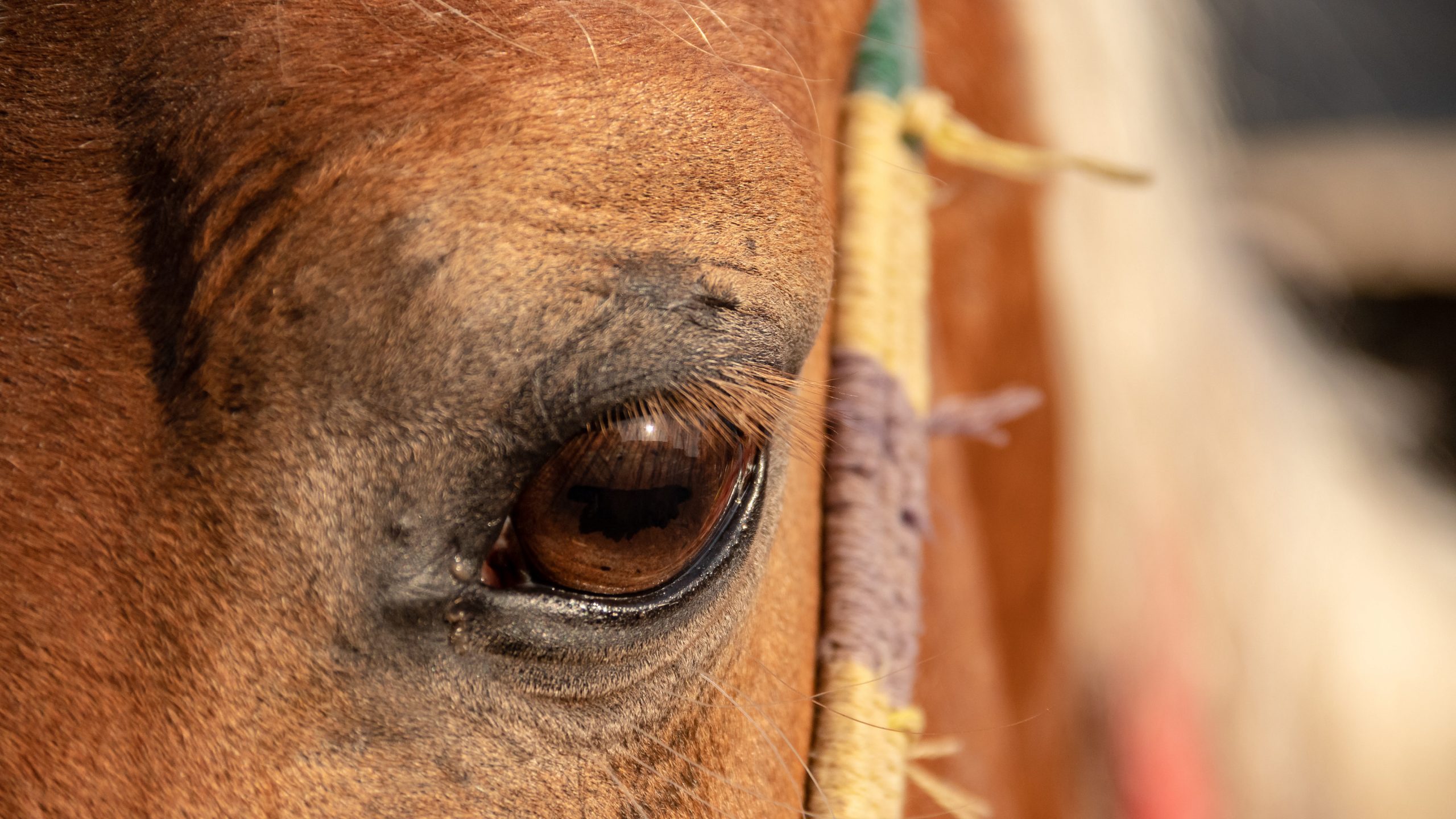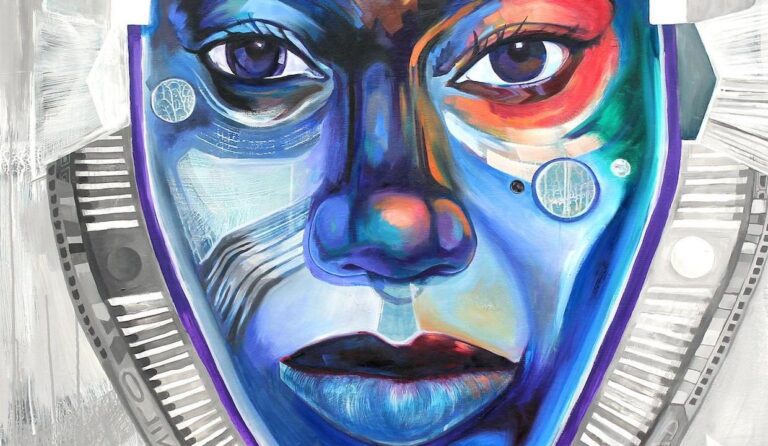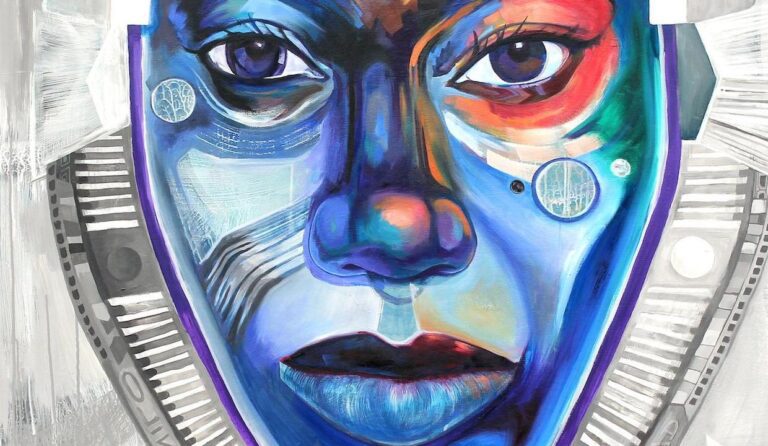The Third Place: Where We’re Really From
Intermission is hosting creative and critical responses to select shows from Soulpepper’s Around the World in 80 Plays as a part of the Taking on the World mentorship program for emerging IBPOC artists and arts writers. Taking on the World is a partnership between Intermission, Soulpepper Theatre Company, Brock University, the University of Toronto, and the University of Windsor, with funding from the Social Sciences and Humanities Research Council of Canada.
When I told my dad that I had gotten the chance to write about an Indian play, he was very happy for me. When I told him that the director and actors were all Indian as well, he asked me what Indian company was working with Soulpepper Theatre. When I explained that most of the artists involved were raised in and based out of Canada, but of Indian descent; he responded, “so they’re Canadian, not Indian.”
Born in Gujarat and raised in New Delhi, my father’s standards of Indianness do not necessarily match those of his American-born daughter. For him, “Around the World in 80 Plays” could just as well have been called “Around Toronto’s More Ethnic Neighborhoods.” Certainly, there is a bit of truth in that; we must pay attention to how western trends of showcasing “diverse” content can inadvertently generalize cultural experiences. The Desi experience – that of the Indian and Southeast Asian diaspora – is vastly different from that of Indians born and raised in the land of our ancestors. Migrants and their children are left to negotiate new identities. East versus West. Ethnicity versus upbringing. Colonizer versus colonized. Which one wins? It’s rarely that simple. The major players of Girish Karnad’s Hayavadana are faced with similar questions of identity, not the least of which being, what makes a man: the head or the body?
Coming in at just under two hours, Hayavadana is not a quick listen – for those of you familiar with Indian storytelling, you will know it tends to be anything but concise. We click the link and are met with traditional Carnatic music. Classical singer Sharada Eswar’s voice carries a prayer to Ganesha, the elephant-headed god of perfection. Bhagavata (Ellora Patnaik) pulls double duty in the play as narrator and “real-life” showrunner whose just-blessed performance is interrupted by none other than Hayavadana (Nadeem Phillip), the man cursed with the head of a horse. Only after his introduction are we able to cross over into the world in which our true main characters reside.
What makes a man: the head or the body?
We spend most of our time with three devoted lovers and friends: Devadatta (Ravi Jain), the son of a Brahmin: well-read, versed in the classics, and a hopeless romantic. Kapila (Anand Rajaram), a simple laborer known throughout the town for his exceptional strength and prowess in the wrestling ring, is endlessly devoted to his best friend. Padmini (Nadine Bhabha), the quick-witted and beautiful daughter of a wealthy merchant, cares deeply for both of them and knows what she needs from each of them. Antics ensue, heads are switched, and Padmini finds herself at the start of the second act with the “perfect” husband – the body of the one she loved to watch and the head of the man she married in the first place. As these men renegotiate their own relationships to their bodies, Padmini is forced to rethink everything she thought she knew about her husband and the father of her child – if they’re even the same person anymore. As time goes on, the men settle into their new bodies, exploring new traits and retraining their new forms to suit their lifestyles. But Padmini, ever aware of her feelings for both men, realizes that their story isn’t over. Maybe it’ll never end.
When Karnad wrote Hayavadana, he was trying to negotiate a new Indian classic, one with a comprehensive understanding of the pain of colonization, decolonization, and Partition. As director Miriam Fernandes sees it, “the play is about a quest for wholeness – and the impossibility of that feeling.” During our conversation together, both Fernandes and Bhabha expressed their own experiences with that quest, as Canadian-born individuals with Indian ancestry. “India, for me, feels like a very faraway place.” Bhabha, who is of Guyanese and South African ancestry, understands what it’s like to feel one way and look another: “I can’t fully say that I have zero connection to India, because that would be doing a disservice to literally my face.”
We experience a cacophony of contradictions throughout the play, literally. Early on in the action, when we are to understand that Bhagavata is trying – and failing – to remove Hayavadana’s horse head, we hear the sounds of rubber stretching and pulling, like a mask. But of course, it’s not a mask – that’s the whole point, isn’t it? The traditional music and crashing drums that open the piece fall away when we reach Dharampur, being replaced by hyper-realistic ambient noise as we are immersed in our main character’s world. Bhabha sings a traditional Indian tune in her contemporary, Canadian-accented voice; a complete 180 from Eswar’s classic tonality. Finally, a child’s laughter segues seamlessly into the gleeful neighing of a horse, completing one character’s journey. The beauty of these contradictions is that there is no explanation, no resolution. This story isn’t tied up neatly with a bow; instead, it encompasses the uncertainty we are faced with throughout our lives.
This uncertainty is ubiquitous among humans; for us not-quite Indians, Hayavadana just about sums it up. We can spend an entire lifetime feeling caught between two worlds within our own bodies – maybe even more than one. Towards the end of the play, Padmini makes the decision to commit Sati, an ancient Hindu tradition in which a widow throws herself on her husband’s funeral pyre. As much as it may seem to a Western audience, this is not an end. Hindus believe in reincarnation, in which our souls are reborn over and over again until they reach moksha – liberation. Some stories take longer than a lifetime to finish, and some questions take longer than a lifetime to answer.
Near the end of our conversation, I was able to hear Fernandes and Bhabha’s thoughts on the play’s seemingly impossible question: the head or the body? After a healthy amount of hemming and hawing, Fernandes said: “I think there’s some kind of third place. It’s not the head. It’s not the body.” That “third place,” whether it’s the soul, the spirit, or something else entirely, is something Desi kids like me, Miriam, and Nadine will be searching for the rest of our lives – and probably longer. This new production of Hayavadana lives in that third place, where music and magic and myths collide not to find an answer, but to explore the question.
Around the World in 80 Plays runs until June 30 on Soulpepper’s website. For tickets and more information, click here.









Comments